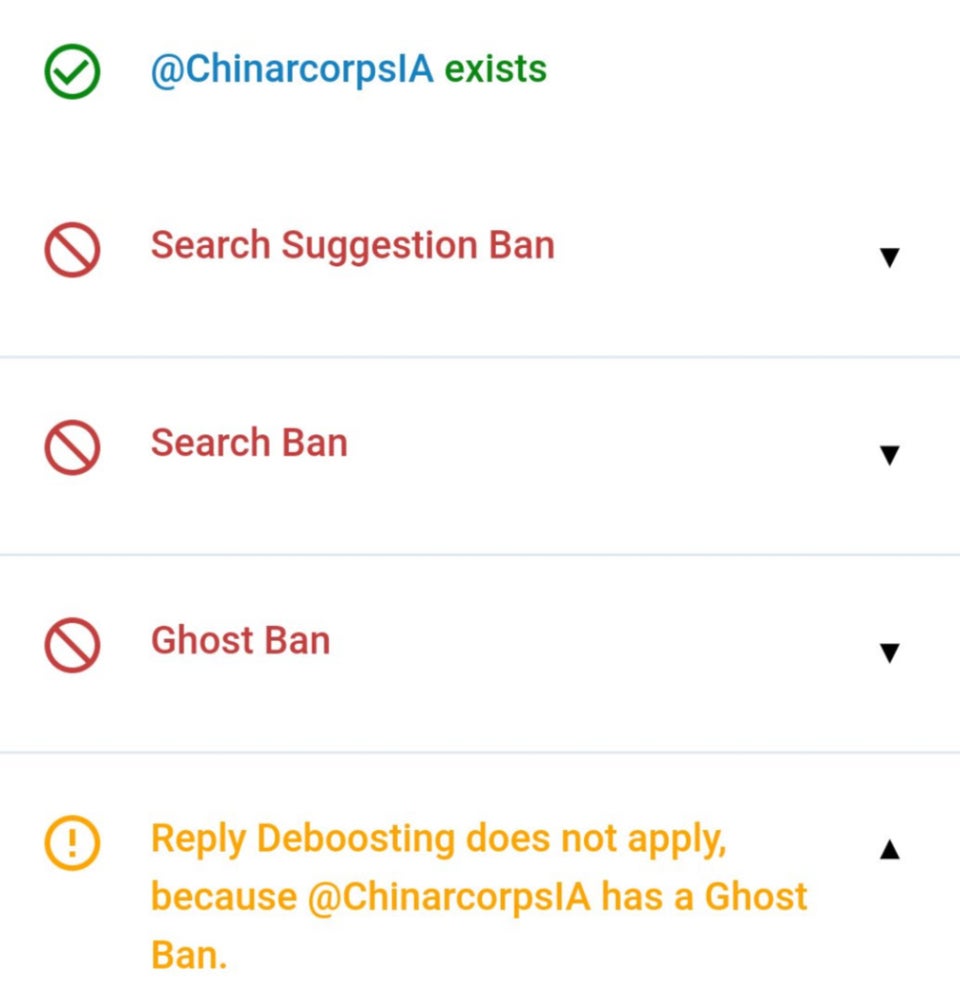
SOURCE: SPUTNIK
Last month, Donald Trump Jr. also accused Twitter of shadow-banning his account. In generic terms, shadow-banning entails suppressing social media profiles to limit their reach by removing them from search results among, other means.
American social media giant Twitter has stirred up a controversy after “shadow-banning” an Indian Army account for reasons unclear so far. The account in question is that of the Kashmir-based Chinar Corps, which had tweeted a post about rescue operations in Jammu and Kashmir.
“So, now you have started to censor the Indian Army accounts”, commented a Delhi-based activist group, which has also filed a complaint against Twitter with the federal government.
As per Twitter, shadow-banning is “deliberately making someone’s content undiscoverable” to some users. After the Chinar Corps’ account was censored by Twitter, the name of the Indian Army account wouldn’t show up in search results even after typing the full account details.
In the past, the California-headquartered company has been accused by US President Donald Trump of shadow-banning accounts of Republican leaders.
“Twitter SHADOW BANNING prominent Republicans. Not good. We will look into this discriminatory and illegal practice at once! Many complaints”, the US president complained in July 2018.
Twitter’s Troubles with Indian Authorities
The alleged shadow-banning of the Indian Army account was the latest in a series of incidents of late that have pitted Twitter against Indian social media users – and even the federal government in a few cases.
The South Asian country’s Ministry of Electronics and Information Technology (MeitY) on 9 November accused Twitter of “undermining the will” of India’s sovereign parliament by depicting the newly-created Leh Union Territory as part of the Jammu and Kashmir region.
Twitter has reportedly assured Indian authorities that it would sort out the matter by the end of the month.
In October, the Indian government also sent a letter to Twitter CEO Jack Dorsey for depicting Leh as part of China.
“…such attempts not only bring disrepute to Twitter but also raises questions about its neutrality and fairness as an intermediary”, India’s Information and Technology (IT) Secretary Ajay Sawhney stated in his communication to Twitter’s boss.
The erstwhile state of Jammu and Kashmir was bifurcated into two union territories (UTs) – Jammu and Kashmir and Leh – through a landmark parliamentary vote in August last year.
The decision to annul the semi-autonomous status of Jammu and Kashmir and split it into two federally-controlled UTs, however, hasn’t been recognised by Pakistan and China – the two neighbours with conflicting claims in Jammu and Kashmir.
India has always maintained that its decisions in Jammu and Kashmir are an “internal matter” of the country.






